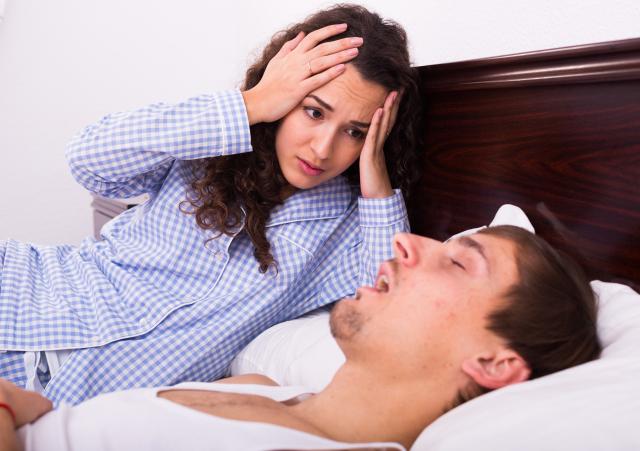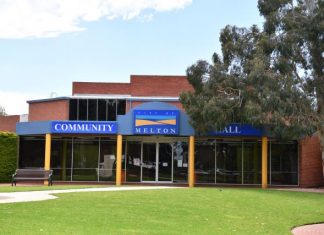Sleep apnoea is a serious sleep disorder characterised by repeated pauses in breathing while you sleep. These pauses can last for several seconds to minutes and occur hundreds of times a night, disrupting your sleep and depriving your body of oxygen.
Types of Sleep Apnoea:
There are three main types of sleep apnoea:
* Obstructive sleep apnoea (OSA): This is the most common type which occurs when the muscles that support your tongue and soft palate relax during sleep, causing the airway to collapse and block the flow of air.
* Central sleep apnoea (CSA): This type is less common and occurs when the brain doesn’t send the proper signals to the muscles that control breathing.
* Mixed sleep apnoea: This type combines features of both obstructive and central sleep apnoea.
Symptoms of Sleep Apnoea:
Loud snoring
Gasping or choking sounds during sleep
Excessive daytime sleepiness
Fatigue and lack of energy
Morning headaches
Irritability and mood swings
Difficulty concentrating
Reduced sex drive
Health Risks of Untreated Sleep Apnoea:
Untreated sleep apnoea can lead to serious health complications, including:
High blood pressure
Heart disease
Stroke
Diabetes
Depression
Dentists can provide sleep specialists with valuable information about the patient’s oral health and any relevant medical history.
Once diagnosed, dentists can play a role in monitoring the effectiveness of treatment, particularly when using oral appliances.
Limitations of dentist’s role:
Diagnosis: While dentists can identify potential signs of sleep apnoea, they cannot officially diagnose the condition. This requires a sleep study performed by a sleep specialist.
Treatment: Dentists can provide oral appliances as a treatment option for some patients with mild to moderate sleep apnoea. However, they cannot prescribe CPAP machines or other medical treatments.
Benefits of dentist involvement:
Early identification: By identifying potential patients early, dentists can help ensure timely diagnosis and treatment, preventing potential health complications.
Accessibility: Dentists are often more accessible than sleep specialists, making it easier for patients to get screened and evaluated for sleep apnoea.
Oral appliance therapy: For suitable patients, oral appliances offer a comfortable and effective alternative to CPAP therapy.
At Main Street Dental, the experienced dental professionals can provide patients with all sorts of snoring devices and splints.
Please call the friendly team on 03 53 67 5355 to make an appointment.
Diagnosis and Treatment:
Sleep apnoea is diagnosed through a sleep study, which monitors your breathing, heart rate, and other vital signs while you sleep. Once diagnosed, treatment options may include:
* Lifestyle changes: Losing weight, quitting smoking, and avoiding alcohol before bed can significantly improve sleep apnoea symptoms.
Continuous positive airway pressure (CPAP): This is the most common treatment for sleep apnoea. CPAP uses a machine to deliver air pressure through a mask, keeping the airway open during sleep.
* Oral appliances: These devices fit in your mouth and prevent the tongue and soft palate from collapsing, improving airflow.
* Surgery: In some cases, surgery may be an option to remove or reshape tissues that are blocking the airway.
Remember, sleep apnoea is a serious condition, but it can be effectively treated. Early diagnosis and treatment are essential to prevent serious health complications. If you suspect you may have sleep apnoea, talk to your doctor about getting a sleep study.
Dentist Role in Diagnosing Sleep Apnoea:
While dentists cannot diagnose sleep apnoea themselves, they play a crucial role in identifying potential patients and facilitating the diagnosis process. Here’s an overview of their involvement:
Identifying potential patients:
Screening: During routine dental examinations, dentists can assess anatomical risk factors like a small upper airway, enlarged tonsils or tongue, and a narrow jaw. They can also ask patients about their sleep habits and snoring patterns.
Dentist can see the grinding on your teeth and make an assessment that you may have hypoxia at night which is leading to the body to be in stress. One of the stress releasing mechanisms is grinding in your sleep.
Questionnaires: Dentists can use validated questionnaires like the STOP-BANG or Epworth Sleepiness Scale to further assess the risk of sleep apnoea.
Collaboration with other healthcare professionals: Dentists can collaborate with physicians and sleep specialists to identify patients who may benefit from a sleep study.
Facilitating the diagnosis process:
Referral to sleep specialists: If a dentist suspects sleep apnoea, they will refer the patient to a qualified sleep specialist for diagnosis.







